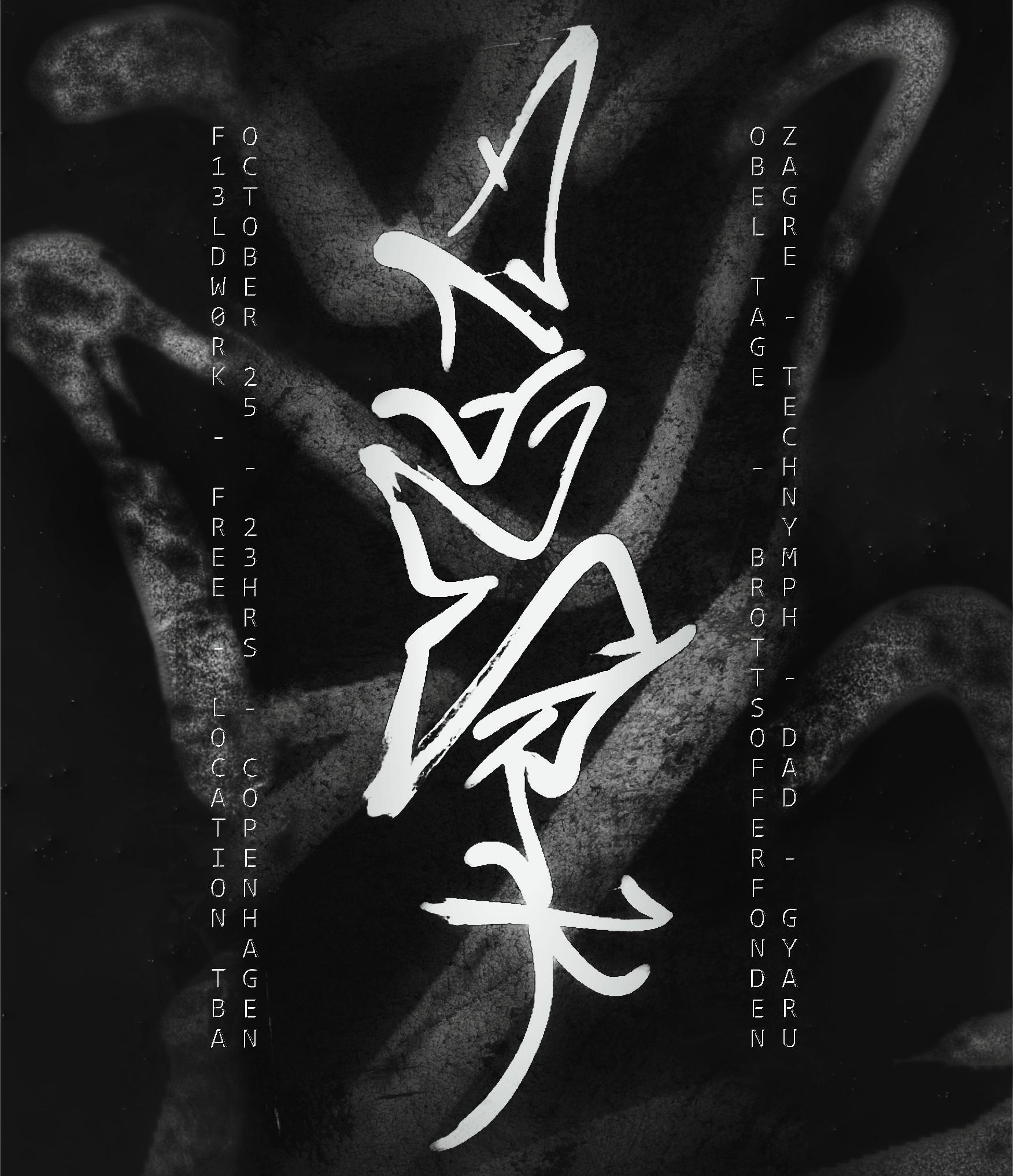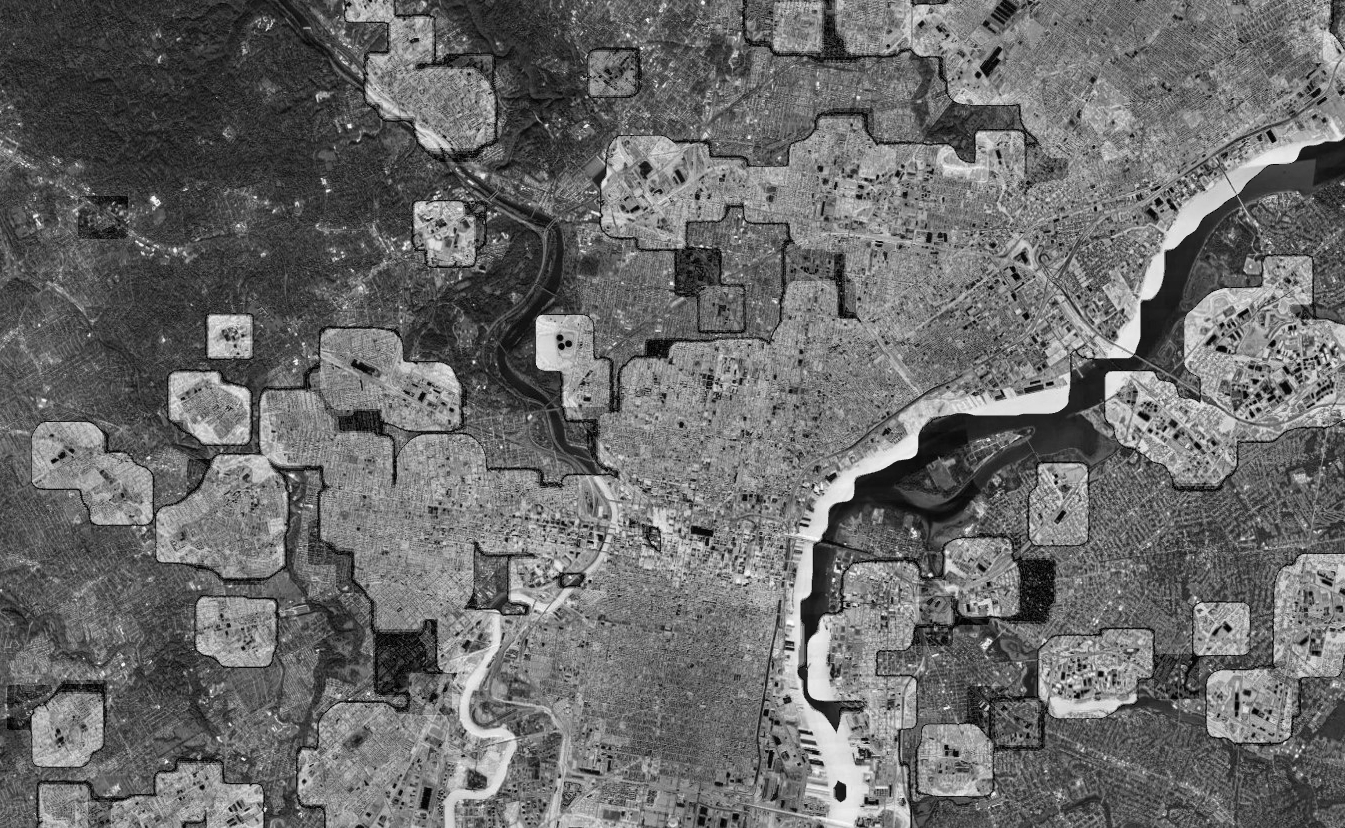

< NEXT EVENT >
- Always free
- Never in the same place twice
- Foregiveness over permission
- Quality over quantity
- Change over stagnation
- "To preserve DIY culture, resist power, protect place, broaden access, and increase freedom."
- Copenhagen, DK
- Philadelphia, PA
- Durango, CO
- Ithaca, NY
- Santa Fe, NM
- Virtually
Contact
- e-mail {fldwrk@pm.me}
- mastodon {@fieldwork}
- instagram {@fld_wrk}
- word-of-mouth {...}

FIELDWORK stands in solidarity with the people of Palestine and with all people resisting oppression, apartheid, genocide, and erasure.
The ongoing destruction of life, land, and culture, though taking place halfway around the world from where we have our roots, is intertwined with our fight. Weapons of war are being manufactured just next door. The teaching of history and culture is being silenced to uphold false narratives. Those who speak up for the voiceless are harassed and threatened. No ground is neutral ground.
FLDWRK's current stewards have each found their individual ways to enact resistance and now as we return to our collective action we take a moment to affirm our shared stance and acknowledge the interconnection of these struggles.
FLDWRK is about our right to place and taking direct action to exercise that right. "Illicit placemaking" is "illicit" precisely because of the rules of non-access, whether it is on the extreme scale of apartheid, or in the ruins of your city, or among the invisible property lines that parcel out every inch of the earth.
Raving is but one way we spit in the face of these systems. Raving has always been about resistance. Obedience is the death of culture. Apologism is obedience. "What-aboutism" is antithetical to action. Get out in the street.
FLDWRK has never been neutral. Our stance is unmistakable whenever the right to expression, movement, and life are taken away. It's not complicated.
We have always been free and to the greatest extent possible we operate outside the flows of capital. Therefore, we do not call for donations; rather, we encourage you to donate directly to mutual aid funds. However, we also remind you that money is not your only voice. Read a zine. Organize an affinity group. Find others like-minded and take action in any way you can. If you don't know how, begin with a conversation, in the tradition of all great revolutions.
Remember that rules are merely suggestions. To be weighed against individual risk, bravery, and the power of your community. The F stands for freedom.
Rise up.



- informal interviews
- direct observation
- participation in the life of the group
- discussions
- analyses of personal documents produced within the group
- results from activities undertaken off- or on-line
- life-histories
[The] ability to see and visualize things that other individuals visiting the area of study may fail to notice... The more open researchers are to new ideas, concepts, and things which they may not have seen in their own culture, the better will be the absorption of those ideas. Better grasping of such material means a better understanding of the forces of culture operating in the area and the ways they modify the lives of the people under study. When humans themselves are the subject of study, protocols must be devised to reduce the risk of observer bias and the acquisition of too theoretical or idealized explanations of the workings of a culture. [Researchers] observe animals interacting with their environments... interview or observe people in their natural environments to learn their languages, folklore, and social structures [Collect] observable details ...and more hidden details (like taboo behavior) are more easily observed and interpreted. [Thus we] can discover discrepancies between (the formal system) and what actually does happen, or between different aspects of the formal system or between conscious representations and behavior. [This] may include the undertaking of broad area surveys (including aerial surveys); of more localised site surveys (including photographic, drawn, and geophysical surveys, and exercises such as fieldwalking); and of excavation. [We are] studying of free-living wild animals in which the subjects are observed in their natural habitat, without changing, harming, or materially altering the setting or behavior of the animals under study. The objective of F13LD+W0RK is to get beneath the surface.